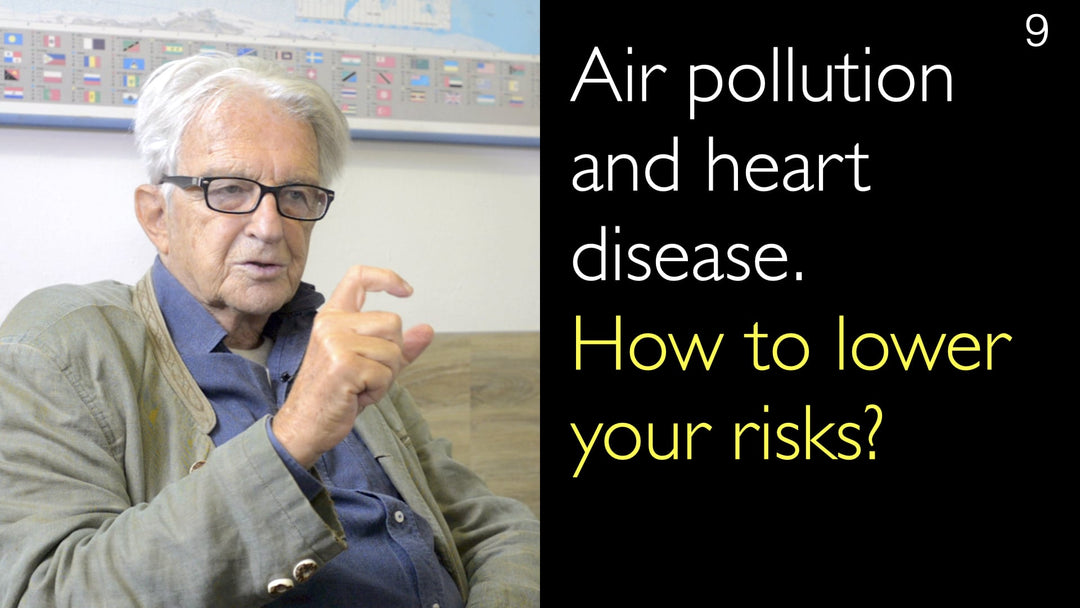Dr. Anton Titov, MD.: How to compare classic thiazide diuretics such as hydrochlorothiazide with newer thiazide-like diuretics, for example, chlorthalidone, indapamide, metolazone for the treatment of hypertension? Especially in elderly patients, there have been some pivotal clinical trials in that regard. Yeah, I think that we don't really have very good randomized trials, randomized controlled trials, which are considered the gold standard, comparing different classes of diuretics. There's a lot of circumstantial evidence that chlorthalidone is more effective as an antihypertensive drug than hydrochlorothiazide. But I would say that's very circumstantial. Some studies have suggested that chlorthalidone may actually have excess side effects and have complications to it. So there continues to be this debate about which class of diuretic drug as better. I must say, in the United States, we typically use chlorthalidone as our long-acting thiazides. In Europe, they use indapamide more, I frankly, have never used indapamide. And that's a funny, geographically specific behavior pattern, but mostly for us in the United States. It's either hydrochlorothiazide or chlorthalidone. There is a randomized controlled trial going on, sponsored by the VA, which is intended to actually answer that question in the definitive way and I'm very anxious to see those results. Because many of us have believed that chlorthalidone was a good drug. But then people have again raised this worry about using chlorthalidone. So I think we'd like to settle that once and for all. You mentioned hypertension in the elderly. Many big trials were done. CHEP trial tested chlorthalidone. HYVET trial tested indapamide. HYVET is Hypertension Treatment in the Very Elderly. It showed that chlorthalidone and indapamide effectively reduced the risk of strokes and other adverse effects. There really is probably not a concern of using chlorthalidone. My own belief, my own practice pattern is that those drugs are great, but I do like to avoid people getting hypokalemia. I use chlorthalidone, but I try to avoid hypokalemia by ensuring they're on a high potassium diet. And then, if need be, adding a potassium-sparing diuretic like spironolactone, or Triamterene. Conversely, if there's another indication like kidney disease, we would typically start with an ACE inhibitor or Angiotensin Receptor Blocker, but I'm not afraid to use a thiazide-type diuretic, typically chlorthalidone, in my elderly patients. I think there's clear evidence that the elderly benefit from that class of drugs. So, I don't see them as being very different from others. Obviously, the concern in the elderly is often orthostatic hypotension. In the clinic yesterday, we were talking about an elderly patient who had that problem. That's a tough problem. And, there, I tend to worry about the vasodilating drugs. But again, the data from the use of thiazides is that they don't tend to be more likely to cause syncope than other classes of drugs. Dr. David Ellison, MD.: And so, I don't avoid them in those patients. Well, I did mean exactly the HYVET clinical trial. The hypertension in the very elderly, where I believe indapamide was tested. And indeed, it's used extensively in Europe and in Israel. Yeah, and I started, I said, chlorthalidone, but that was probably indapamide, I look at indapamide and chlorthalidone as pretty interchangeable. But I don't think they've ever been compared directly head-to-head. So that's an interesting thought. And I don't think that any of our formularies carry indapamide in this country. We just don't have that choice. And I tend not to think of that.
More from How to...
More from DiagnosticDetectives.Com







